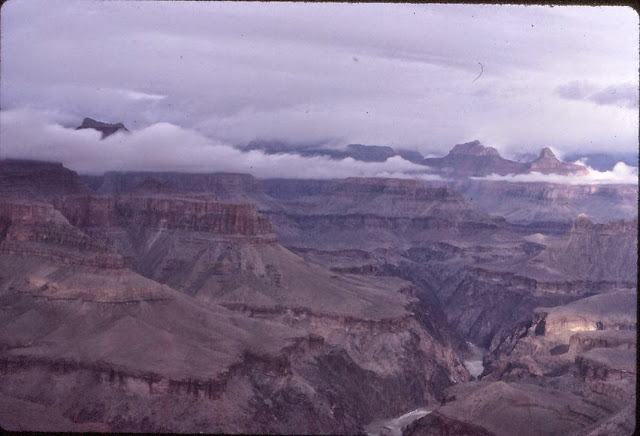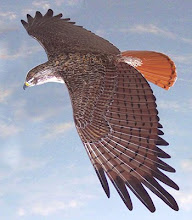But There Was Only The Darkness And The Stars
Ramblin' Jack Elliott: South Coast
That night they camped in a swale at the edge of the lake and shared the last of the provisions she'd brought. When he asked her would she not have been afraid to ride through this country by herself at night she said that there was no remedy for it and that one must put oneself in the care of God.
He asked if God always looked after her and she studied the heart of the fire for a long time where the coals breathed bright and dull and bright again in the wind from the lake. At last she said that God looked after everything and that one could no more evade his care than evade his judgement. She said that even the wicked could not escape his love. He watched her. He said that he himself had no such idea of God and that he'd pretty much given up praying to Him and she nodded without taking her eyes from the fire and said that she knew that.
She took her blanket and went off down by the lake. He watched her go and then shucked off his boots and rolled his serape about him and fell into a troubled sleep. He woke sometime in the night or in the early morning and turned and looked at the fire to see how long he'd slept but the fire was all but cold on the ground. He looked to the east to see if there were any trace of dawn graying over the country but there was only the darkness and the stars. He prodded the ashes with a stick. The few red coals that turned up in the fire's black heart seemed secret and improbable. Like the eyes of things disturbed that had best been left alone. He rose and walked down to the lake with the serape about his shoulders and he looked at the stars in the lake. The wind had died and the water lay black and still. It lay like a hole in that high desert world down into which the stars were drowning. Something had woke him and he thought perhaps he'd heard riders on the road and that they'd seen his fire but there was no fire to see and then he thought perhaps the girl had risen and come to the fire and stood over him where he slept and he remembered tasting rain on his face but there was no rain nor had there been and then he remembered his dream.
In the dream he was in another country that was not this country and the girl who knelt by him was not this girl. They knelt in the rain in a darkened city and he held his dying brother in his arms but he could not see his face and he could not say his name. Somewhere among the black and dripping streets a dog howled. That was all. He looked out at the lake where there was no wind but only the dark stillness and the stars and yet he felt a cold wind pass. He crouched in the sedge by the lake and he knew he feared the world to come for in it were already written certainties no man would wish for. He saw pass as in a slow tapestry unrolled images of things seen and unseen. He saw the shewolf dead in the mountains and the hawk's blood on the stone and he saw a glass hearse with black drapes pass in a street carried on poles by mozos. He saw the castaway bow floating on the cold waters of the Bavispe like a dead serpent and the solitary sexton in the ruins of the town where the terremoto had passed and the hermit in the broken transept of the church at Caborca. He saw rainwater dripping from a lightbulb screwed into the sheetiron wall of a warehouse. He saw a goat with golden horns tethered in a field of mud.
Lastly he saw his brother standing in a place where he could not reach him, windowed away in some world where he could never go. When he saw him there he knew that he had seen him so in dreams before and he knew that his brother would smile at him and he waited for him to do so, a smile which he had evoked and to which he could find no meaning to ascribe and he wondered if what at last he had come to was that he could no longer tell that which had passed from all that was but a seeming. He must have knelt there a long time because the sky in the east did grow gray with dawn and the stars sank at last to ash in the paling lake and birds began to call from the far shore and the world to appear again once more.
--Cormac McCarthy
The Crossing







<< Home